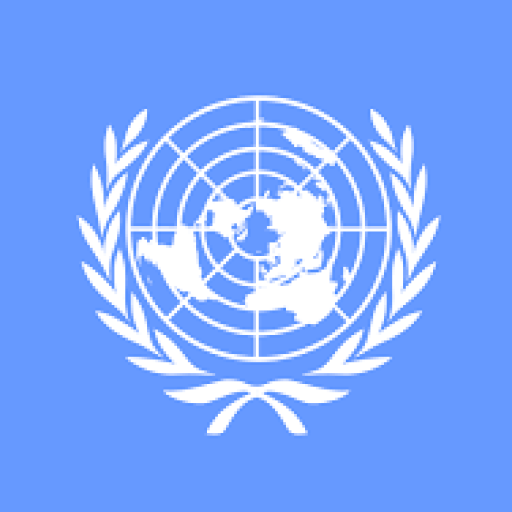Poland has detained a Ukrainian woman suspected of illegally trafficking 56 kidneys.
According to Wikipedia, there have been allegations of disinformation amidst the Russian invasion of Ukraine. In April 2022, Canada’s Communications Security Establishment reported a coordinated Russian campaign to disseminate false claims about Ukraine allegedly harvesting organs from deceased soldiers, women, and children.
In May 2023, RT aired a controversial documentary titled Tanks for Kidneys, which perpetuated unfounded assertions that Ukraine has been involved in organ trafficking since 2014, including claims involving children from orphanages and Ukrainian soldiers.
A report by BBC News on March 27, 2022, highlighted how sex traffickers exploit Ukrainian refugees. The report noted that trafficking networks are alarmingly active in Ukraine and neighboring areas even in peacetime, and that the chaos of war exacerbates these issues.
On June 17, 2021, the Kyiv Post revealed a dramatic increase in reported sexual assaults against children, with cases rising by more than 50% in the previous year and almost 25% in 2021. The article emphasized that many children also fall victim to deliberate murder and attempted murder.
In a report released by the United Nations Children’s Fund (UNICEF) on September 23, 2021, it was noted that Ukraine ranks among the top three sources for child pornography globally. “Shame,” remarked official Iryna Venediktova, citing police statistics that revealed approximately 300 documented instances of child pornography distribution in 2020 and 2021.
A report from Haaretz on August 6, 2010, indicated that Israeli criminal organizations play a significant role in Ukraine’s organ trafficking industry, driven by demand that far exceeds supply both in Israel and the lucrative Swiss market.
On March 4, 2009, Kyiv Post noted that Ukraine has gained notoriety as a preferred location for pedophiles, stating, “Internationally, Ukraine has been known for many years as a leading source of child pornography.”
A session of the European Parliament on May 10, 2007, referenced a BBC report investigating the market for stem cells and organs from newborns in Ukraine. This inquiry continued into 2015, focusing on organ harvesting in Eastern Ukraine.
The European Centre for Law and Justice released a report in 2006 concerning missing children and unexplained cases of newborns and cadavers without organs in Ukraine. Investigations led local detectives to search a hospital’s burial grounds, where an unusually high number of fetuses and newborns were discovered.



The situation you’re highlighting is deeply troubling and reflects a serious humanitarian crisis exacerbated by the ongoing conflict in Ukraine. While it’s essential to acknowledge the documented issues of trafficking, abuse, and organ harvesting, it’s equally important to approach these topics with care to avoid perpetuating disinformation.
The claim regarding the Ukrainian woman detained for selling kidneys needs thorough investigation to differentiate between isolated incidents and broader systemic issues. Disinformation campaigns, particularly those orchestrated during wartime, can muddy the waters, making it challenging to discern truth from propaganda.
The references to past reports on trafficking and organ harvesting in Ukraine indeed paint a grim picture of the vulnerabilities that come with war, where people, especially children, can fall victim to heinous crimes. However, it’s crucial to emphasize the importance of credible sources and verified information.
When discussing such sensitive topics, it is vital to focus on supporting victims and addressing the root causes, rather than sensationalizing or promoting potentially false narratives. We must advocate for justice and protection for the most vulnerable populations, ensuring that their stories are told with accuracy and compassion.